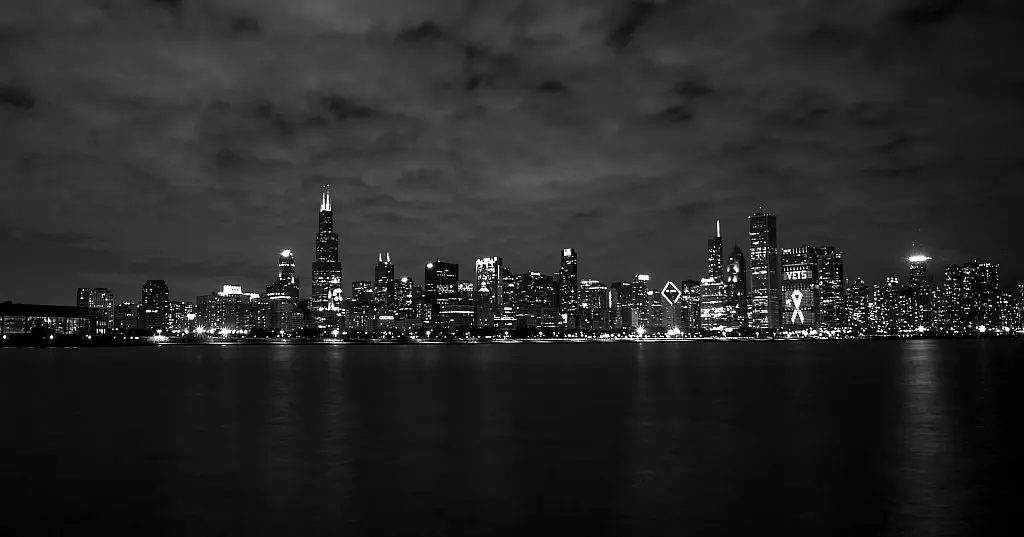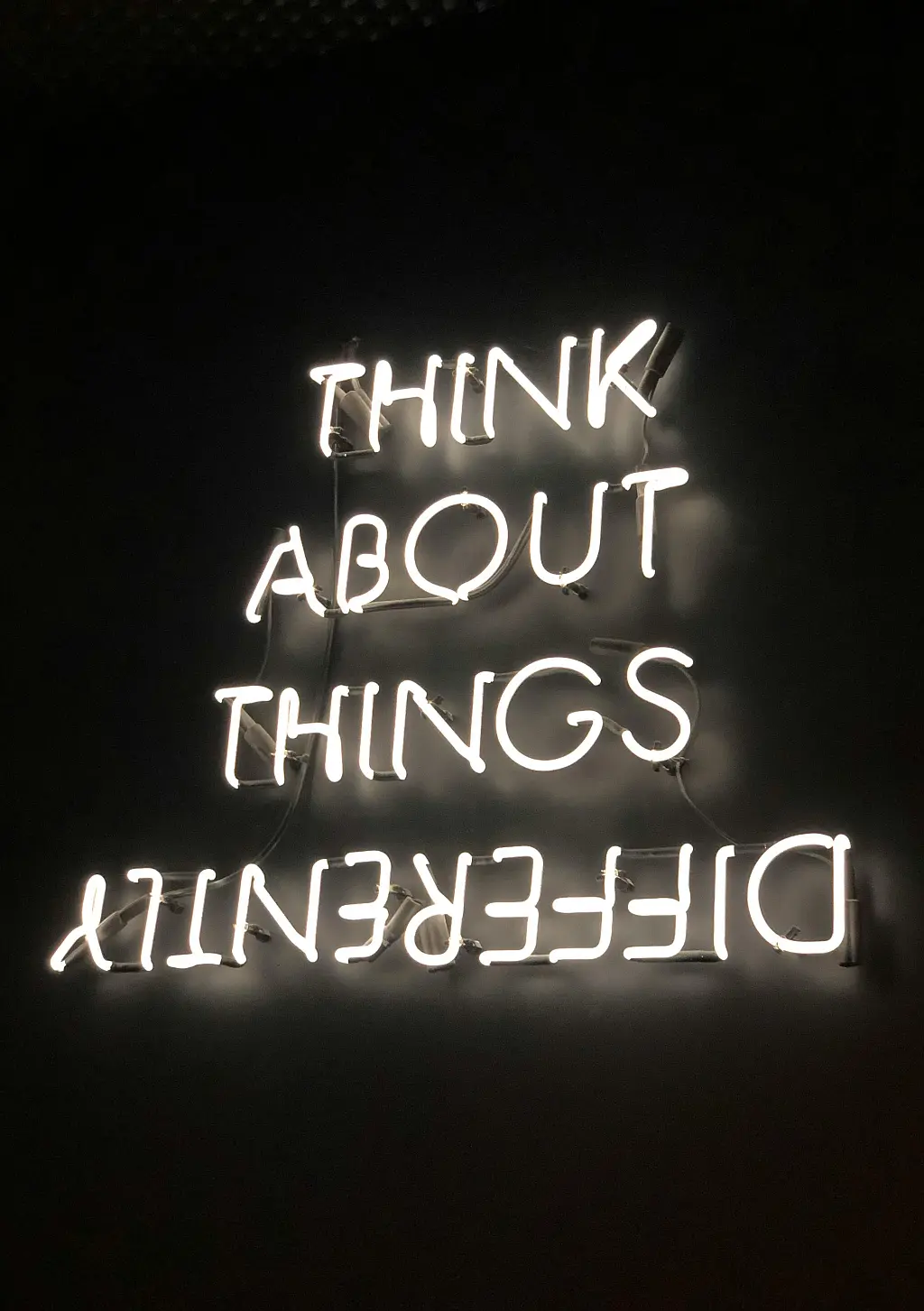
18 December 2013
American Hustle (2013)
American Hustle (2013): A Glittering Con of Ego, Ambition, and Deception
American Hustle, directed by David O. Russell and released in 2013, is a stylish crime drama inspired by the FBI’s late-1970s and early-1980s Abscam operation. The film centers on small-time con artists who are coerced into working with an ambitious FBI agent to entrap corrupt politicians. Blending real events with fictionalized characters and heightened melodrama, the story follows the shifting alliances, romantic entanglements, and escalating scams that culminate in a complex moral and legal fallout.
Narrative Structure and Tone
The film unfolds as a character-driven ensemble piece, balancing tension with moments of comic bravado and emotional volatility. Its narrative weaves between elaborate cons, intimate character scenes, and periods of operatic excess. The tone is at once glamorous and desperate: costumes, hair, and period detail transport viewers to an era of ostentation while the characters’ insecurities and moral compromises reveal the human cost of their illusions.
Characters and Performances
American Hustle is propelled by a strong ensemble cast. Christian Bale plays Irving Rosenfeld, a master manipulator whose schemes are matched by his vulnerability and longing for reinvention. Amy Adams portrays Sydney Prosser, Irving’s partner in crime, whose performance captures ambition and conflicting loyalties. Bradley Cooper’s FBI agent Richie DiMaso brings frenetic energy and moral blindness, while Jennifer Lawrence’s Rosalyn, Irving’s unpredictable wife, injects volatility and dark humor. The supporting cast, including Jeremy Renner and Louis C.K., rounds out the film with textured portrayals that highlight both the charisma and fragility of the characters. The performances were widely praised and garnered multiple award nominations, with particular acclaim for the chemistry among the leads.
Direction, Style, and Production Design
David O. Russell’s direction favors close, intimate framing and rapid-fire exchanges that highlight character psychology over procedural detail. The production design and costume work are lavish and meticulous, capturing the era’s fashion and décor in a way that becomes integral to the storytelling. The film’s pacing alternates between taut con-setups and explosive emotional confrontations, with a soundtrack that underscores the period and heightens the film’s dramatic swings.
Themes and Subtext
At its core, American Hustle examines identity, reinvention, and the performative aspects of success. Characters constantly craft personas — through accents, wardrobes, and narratives — to gain power or protection, and the film probes how performance intersects with truth. It also questions the nature of corruption: the porous boundaries between criminals and enforcers, ambition as a corrosive force, and the costs of self-deception. While wrapped in glitz, the film offers a melancholic view of the American dream as both seductive and hollow.
Critical Reception and Cultural Impact
Critics generally praised American Hustle for its performances, design, and bold stylistic choices, though some reviewers felt its melodrama and occasional self-indulgence undercut narrative focus. The film received numerous award nominations, including several Academy Award nominations, and helped solidify the reputations of its director and cast. Its visual flair and focus on character psychology contributed to ongoing conversations about style-driven historical dramas and the ethics of representing true events through a fictionalized lens.


